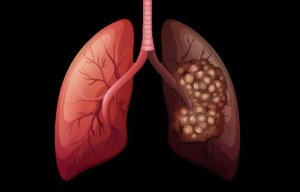ALZHEIMER’S DISEASE
What is Alzheimer’s disease?
- The mo
 st common type of dementia.
st common type of dementia. - A progressive disease beginning with mild memory loss possibly leading to loss of the ability to carry on a conversation and respond to the environment.
- Involves parts of the brain that control thought, memory, and language.
- Can seriously affect a person’s ability to carry out daily activities.

Who has Alzheimer’s disease?
- The symptoms of the disease can first appear after age 60 and the risk increases with age.
- Younger people may get Alzheimer’s disease, but it is less common.
What is known about Alzheimer’s disease?
Scientists do not yet fully understand what causes Alzheimer’s disease. There probably is not one single cause, but several factors that affect each person differently.
- Age is the best known risk factor for Alzheimer’s disease.
- Family history—researchers believe that genetics may play a role in developing Alzheimer’s disease.
- Changes in the brain can begin years before the first symptoms appear.
- Scientists are finding more evidence that some of the risk factors for heart disease and stroke, such as high blood pressure and high cholesterol may also increase the risk of Alzheimer’s disease.
- There is growing evidence that physical, mental, and social activities may reduce the risk of Alzheimer’s disease.
- Some causes for symptoms, such as depression and drug interactions, are reversible. However, they can be serious and should be identified and treated by a health care provider as soon as possible.
- Early and accurate diagnosis provides opportunities for you and your family to consider or review financial planning, develop advance directives, enrol in clinical trials, and anticipate care needs.
How is Alzheimer’s disease treated?
There is currently no known cure for Alzheimer’s disease.
Treatment addresses several different areas:
- Helping people maintain mental function.
- Managing behavioural symptoms.
- Slowing or delaying the symptoms of the disease.










